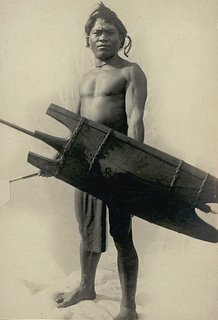Supreme Court: 111 Special Courts For Poll Protests
SC forms 111 special courts for poll protests
To expedite resolution of poll-related cases in the local elections, the Supreme Court Friday designated 111 special election courts from among regional trial courts nationwide.
Chief Justice Reynato Puno signed Administrative Order No. 54-2007 directing these special courts to hear, try and decide election contests involving elective municipal
officers following the May 14 midterm elections.
All other election-related cases shall be raffled among the regular
courts in the station, the Supreme Court said.
"These special courts will ensure the expeditious resolution of election contests involving elective municipal officials. To reiterate, election cases enjoy high priority because what is involved here is nothing less than the sovereignty of the people, the very heart of a democratic government," Puno said.
Last April 20, Puno accepted the proposed Rules of Procedure for special election courts submitted by the high tribunal Sub-Committee on Election Rules, led by retired Supreme Court Justice and former Commission on Elections chairman Bernardo Pardo, saying this
marked "radical changes" in accelerating the resolution of poll-related cases. The Rules are effective May 15.
Under the Rules, the special courts are given 30 days from the date a case is submitted for decision to decide the election contest.
A case should be resolved within six months after its filing, unless the Supreme Court authorizes an extension in writing.
Failure to comply with such shall be considered a serious offense and shall be ground for disciplinary action against the judge.
Furthermore, after six months, the judge shall be placed under preventive suspension and relieved of all duties except to decide the election case.
An election contest may either be an election protest or a petition for quo warranto. An election protest refers to election contests relating to the election and returns of elective officials, grounded on fraud and irregularities in the conduct of elections, the counting of ballots and canvassing of votes.
On the other hand, a petition for quo warranto refers to election contest relating to the qualifications of an elective official, stemming from ineligibility or disloyalty to the Republic. The issue is whether respondent possesses all the qualifications and none of the qualifications prescribed by law.
The Comelec has jurisdiction in election contests involving elective regional, provincial, and city officials.
On the other hand, the House of Representatives Electoral Tribunal (HRET), the Senate Electoral Tribunal (SET), and the Presidential Electoral Tribunal (PET) have jurisdiction over election protests involving members of the House, members of the Senate, and President and Vice-President, respectively. GMA7 TV NEWS
Labels: Election, Poll Protest, Supreme Court





 Deviant Art
Deviant Art
0 Comments:
Post a Comment
<< Home